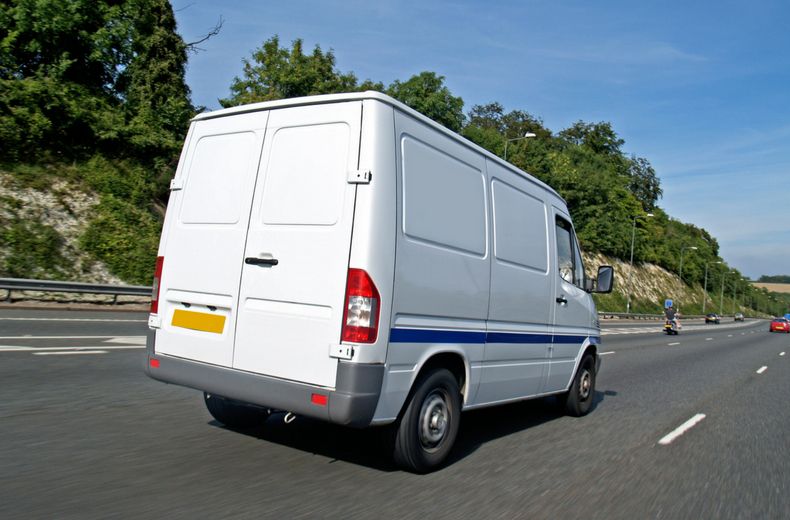In place of the current £250 vehicle excise duty (VED), the Treasury is considering a “graduated first year rate” similar to that used for cars.
Under such a system, the duty paid in the first 12 months varies according to the vehicle’s emission levels.
"We want to help 'white van man' go green,” said Exchequer Secretary to the Treasury Robert Jenrick, launching the consultation.
READ MORE: Air pollution tab should not be picked up by drivers - MP & Green Number Plates
Take-up of ultra-low emission vans is still extremely low.
According to the Treasury, just 0.4% of vans bought in 2016/17 were ultra-low emission models, while 75% were mainly diesel or petrol powered, emitting over 150g/km of carbon dioxide.
Robert Jenrick said: "We want to be the first government to leave the environment in a better state that we found it.
"One of the ways we can do this is by using the tax system to help drivers afford greener choices.”
The mooted van tax changes come amid evidence that mixed messages over ultra-low emission vehicles affected new car registrations last year.
RAC roads policy spokesman Nicholas Lyes says last year’s changes to VED “may be actively putting people off choosing an ultra-low emission vehicle”.
READ MORE: The different types of car tax
In another development, the Treasury is also seeking views on whether so-called “red diesel” should continue to be taxed at a lower rate for urban use.
Red diesel, which is intended for use in non-road vehicles such as industrial and agricultural machinery, is currently taxed at over 11p a litre less than standard fuel.
But there are fears that red diesel is being used for other purposes in built-up areas – adding to urban air pollution.
“Public health is at risk due to the use of red diesel in towns and cities,” said Robert Jenrick.
“So we are looking at how we can level the playing field on red diesel and exploring how we can encourage users to ditch it."






